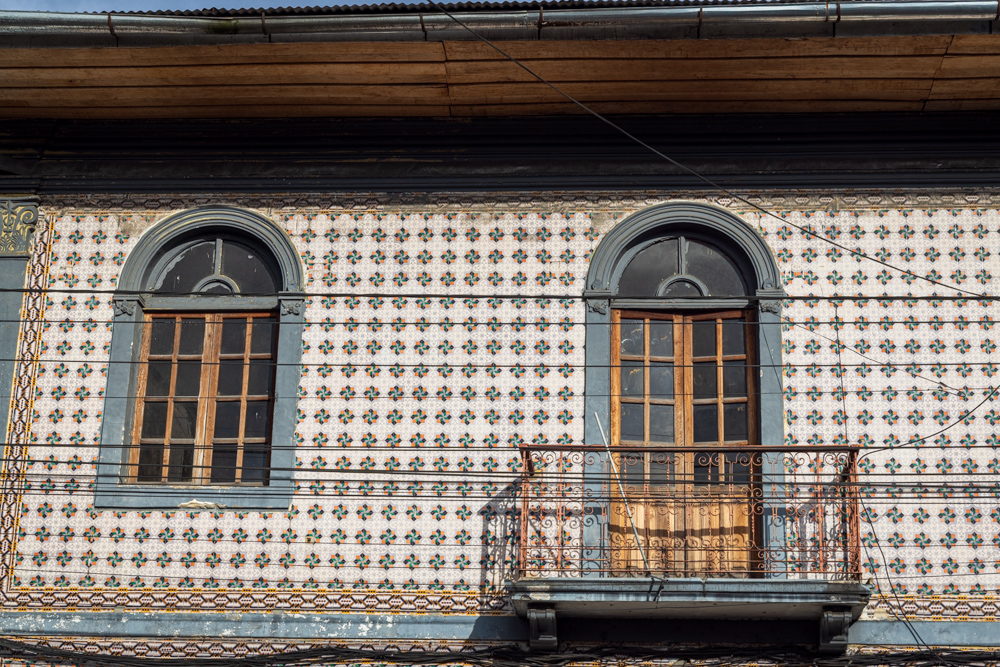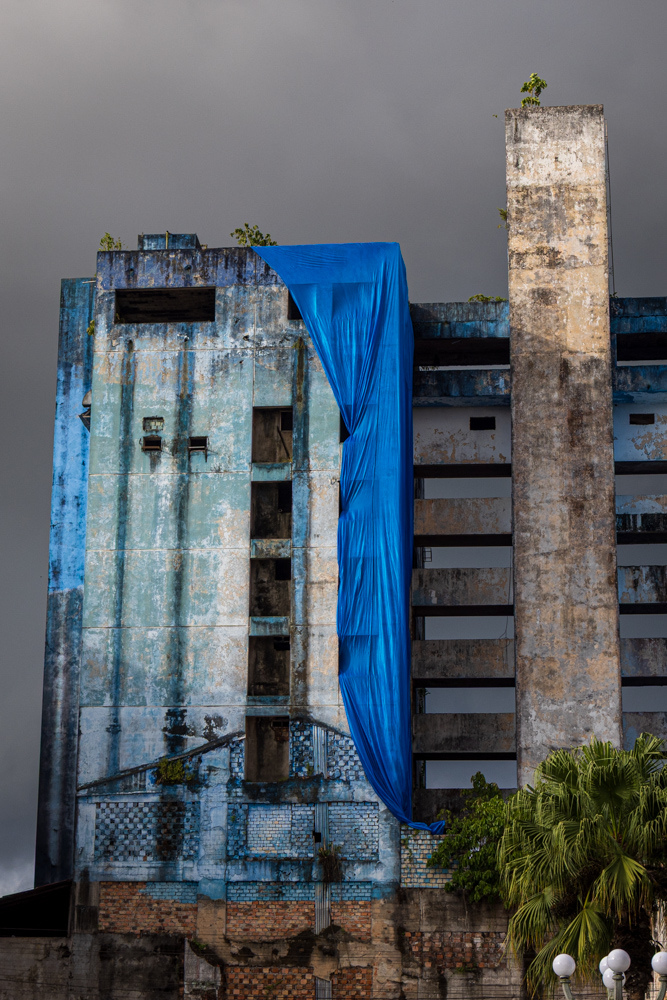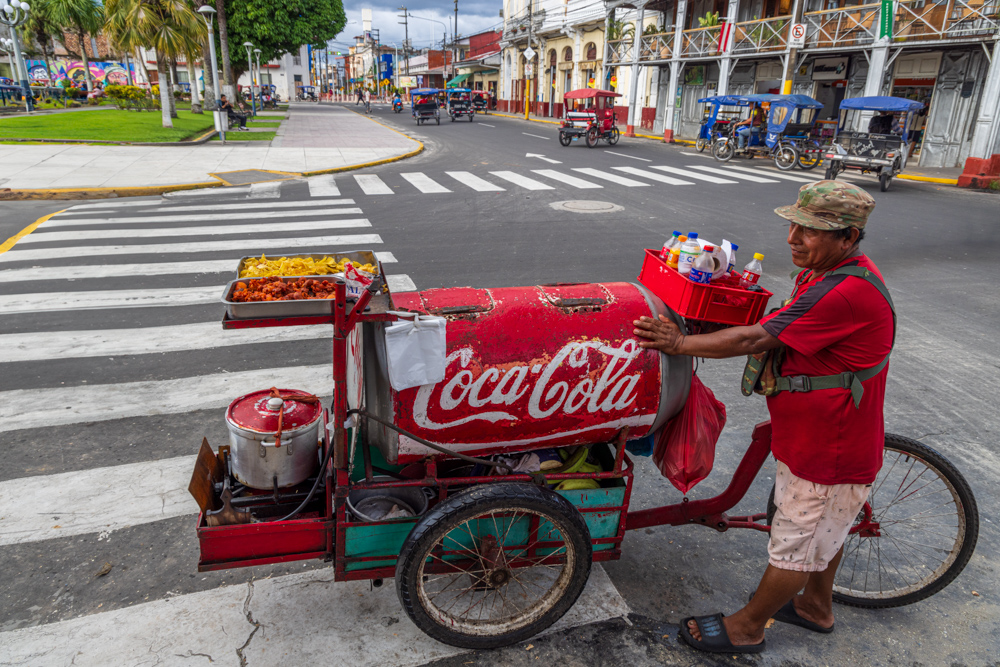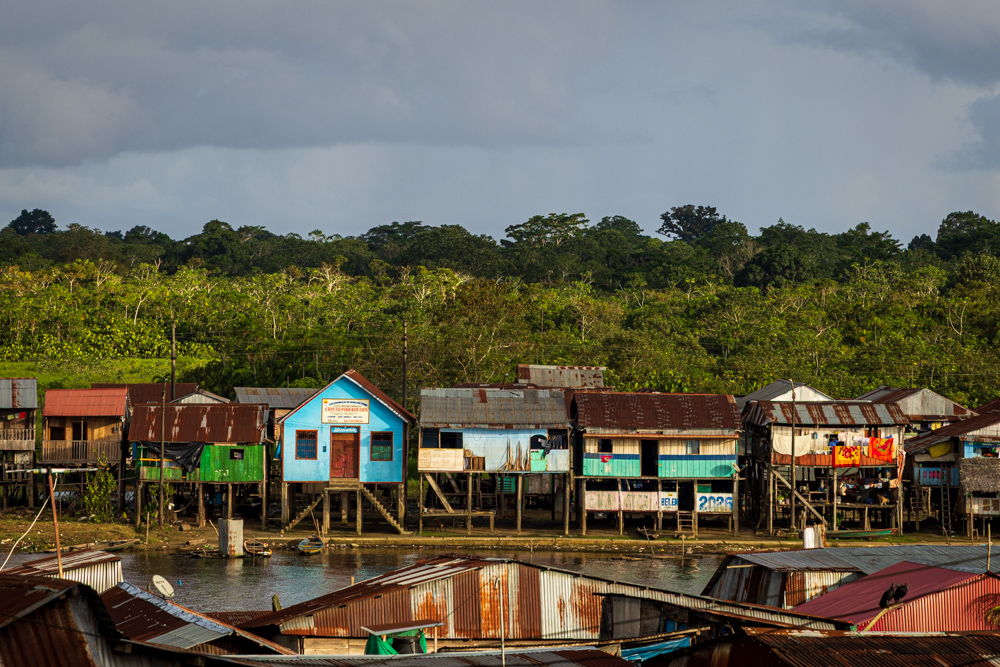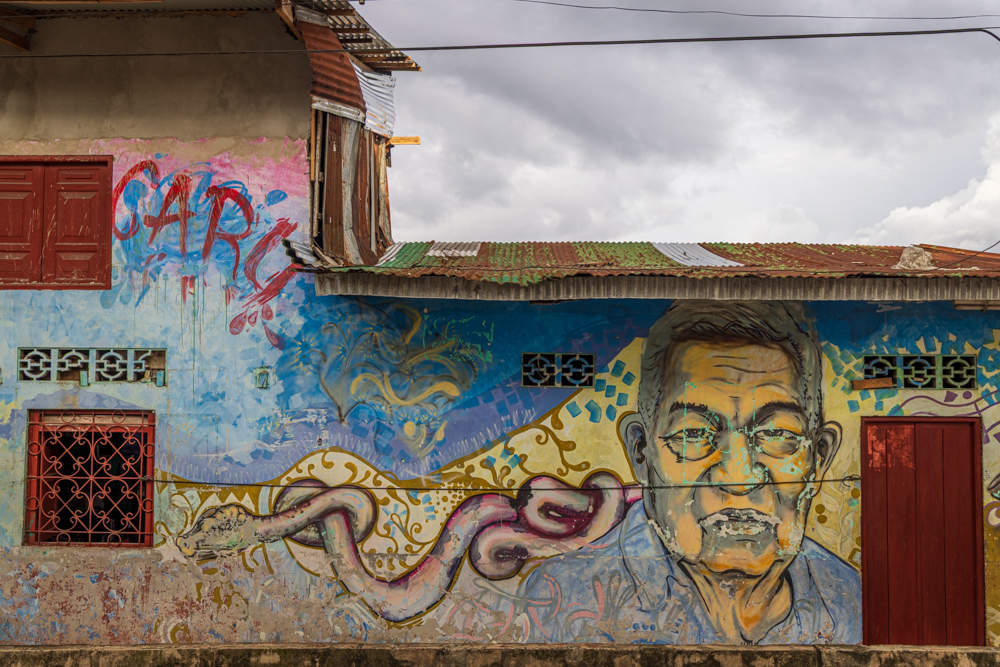Friday - 19 April 2024 - Leaving Lima and headed to the Amazon!!
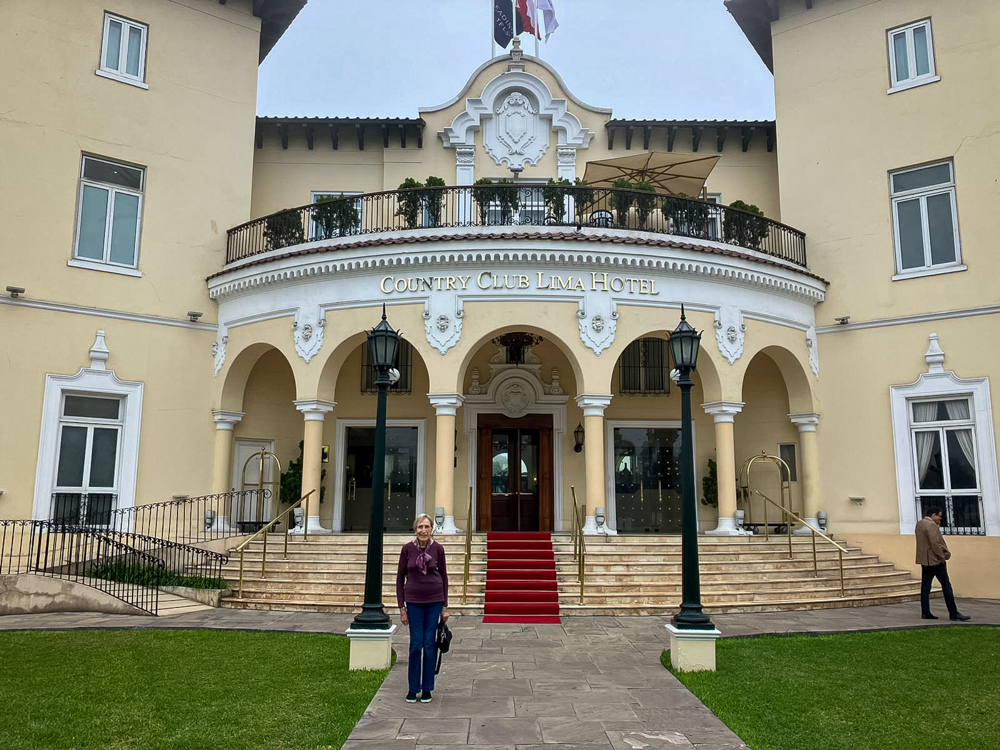
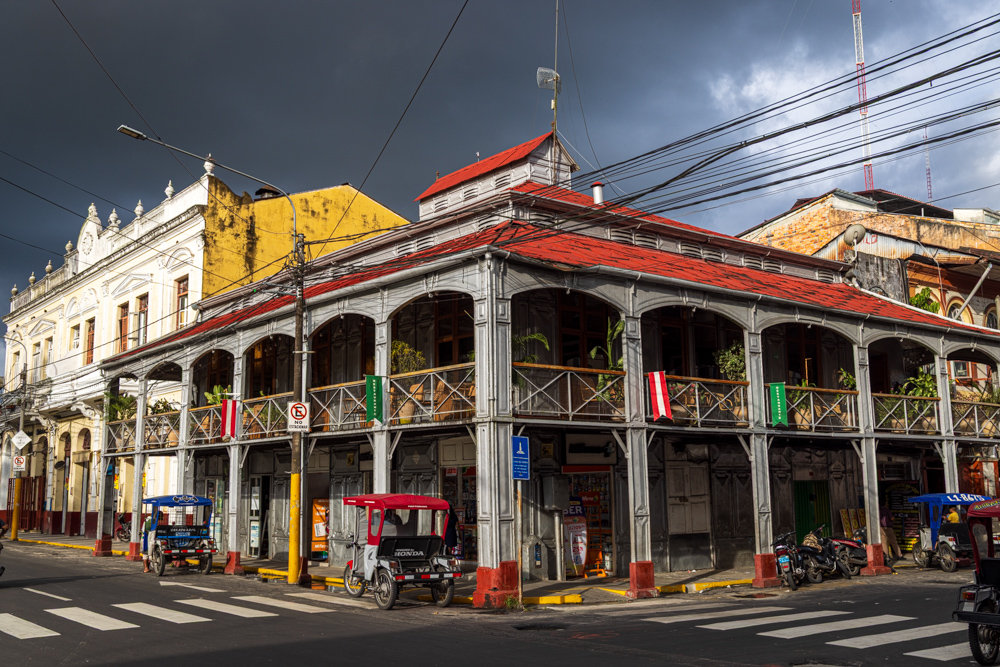
Rubber baron Anselmo del Aguila bought it at the International Exposition of Paris in 1889. Once dismantled, it was brought in pieces to Iquitos (the metal sheets were carried by hundreds of men through the jungle), and assembled here in 1890.
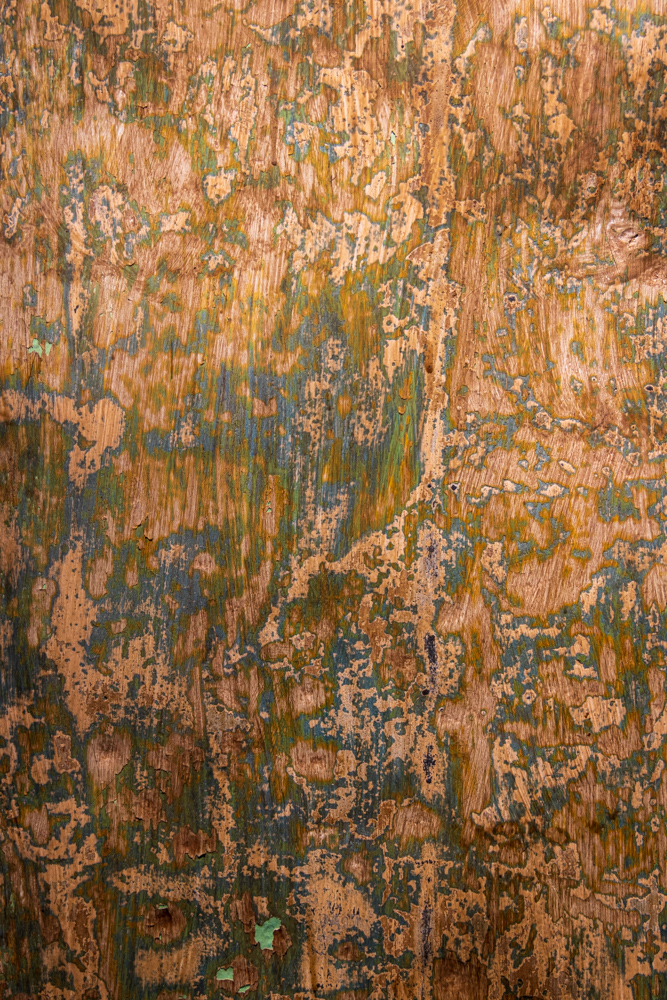
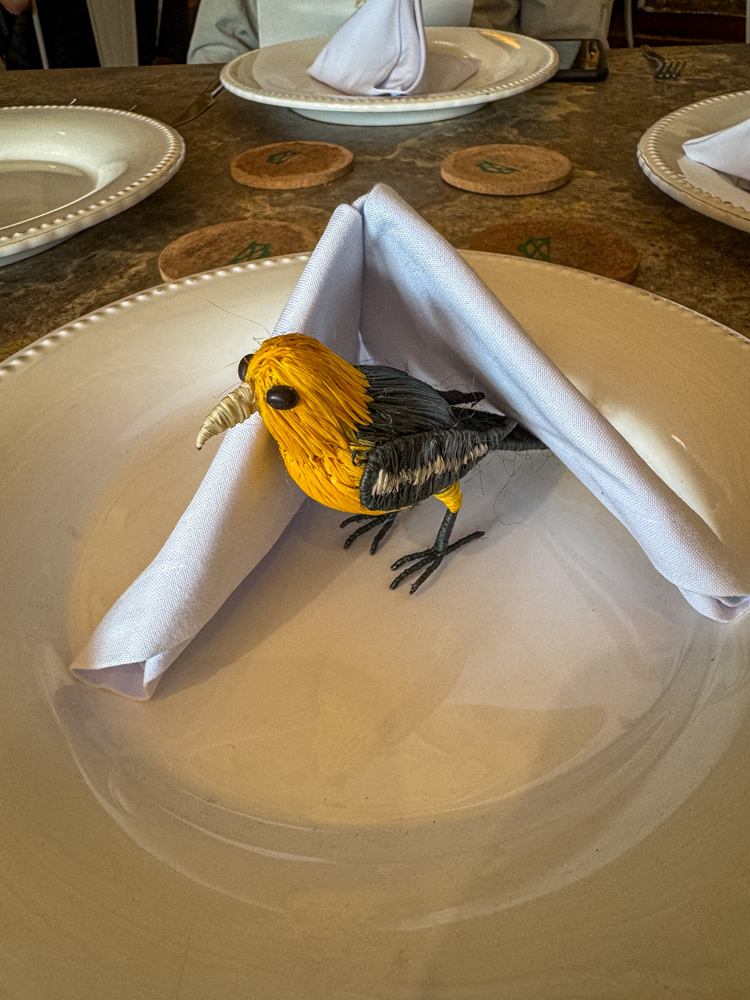
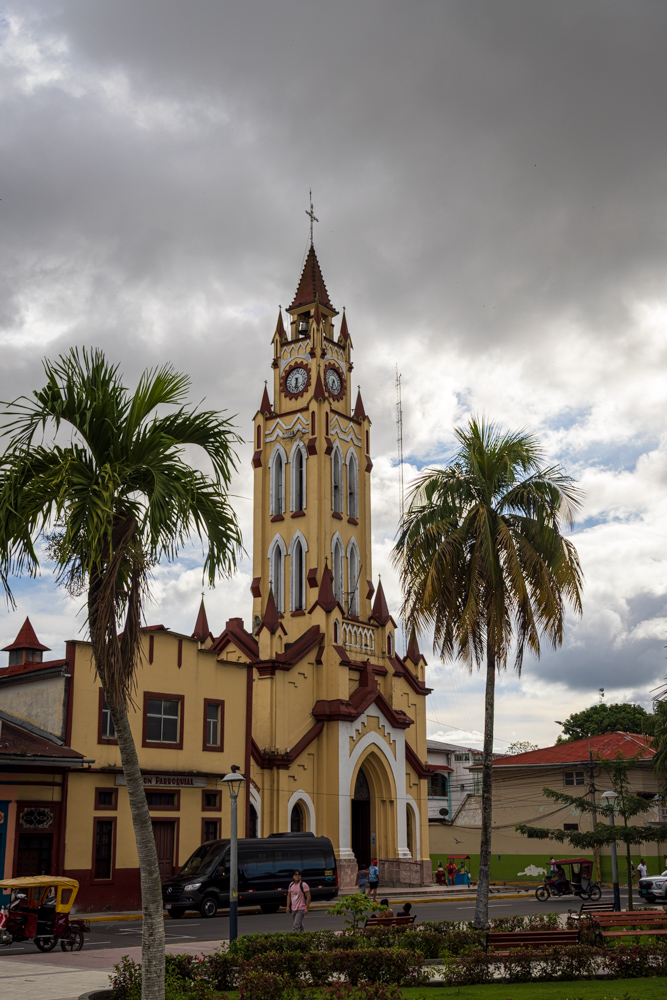
The construction of the cathedral began in 1911, after the demolition of the old church.
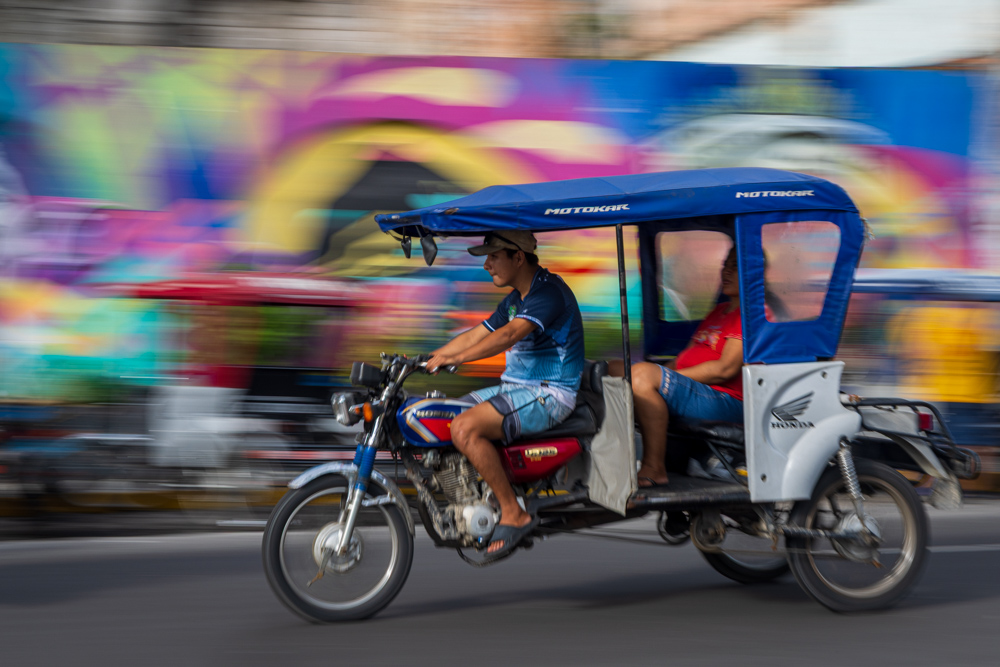
Iquitos is the largest city in the Peruvian Amazon, east of the Andes. It is the largest city in the world that is unreachable by road and not on an island, it is only accessible by river and air.
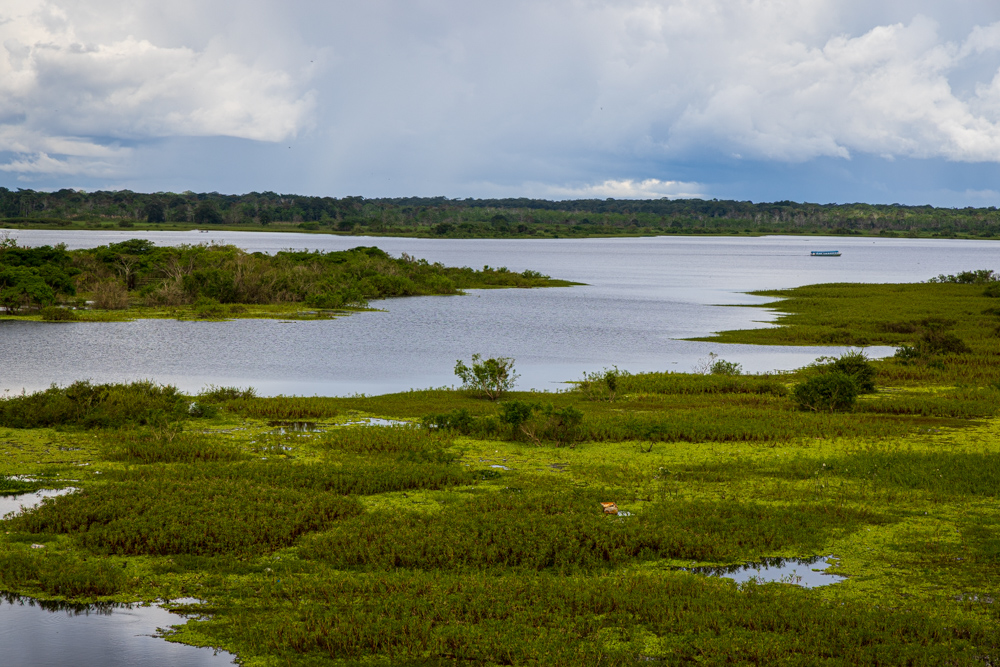
In the late 19th century, during the Amazon rubber boom, the city became the center of export from the rubber productions in the Amazon Basin.
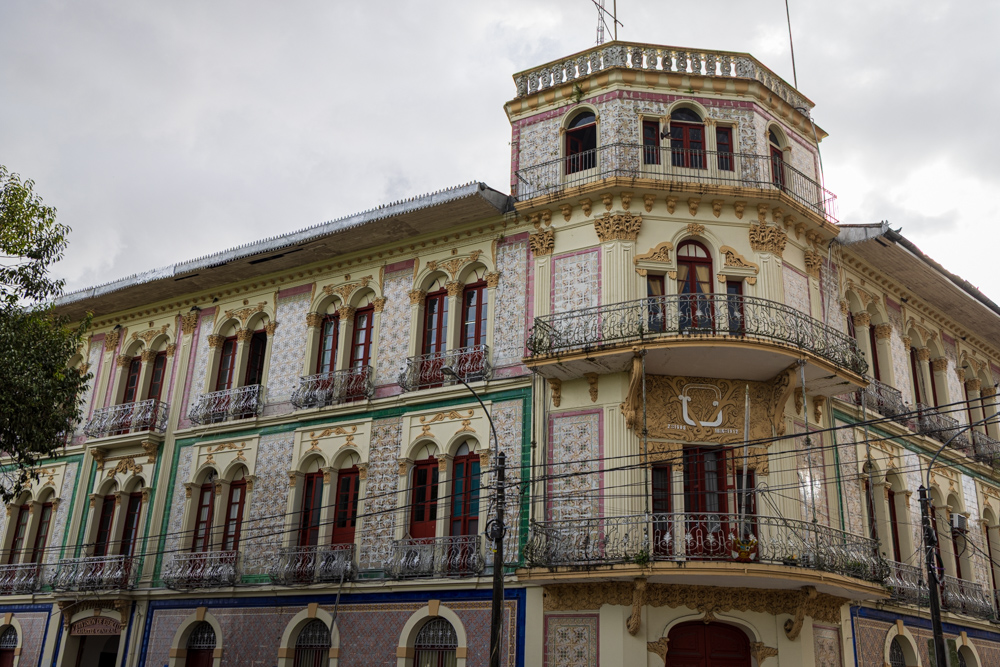
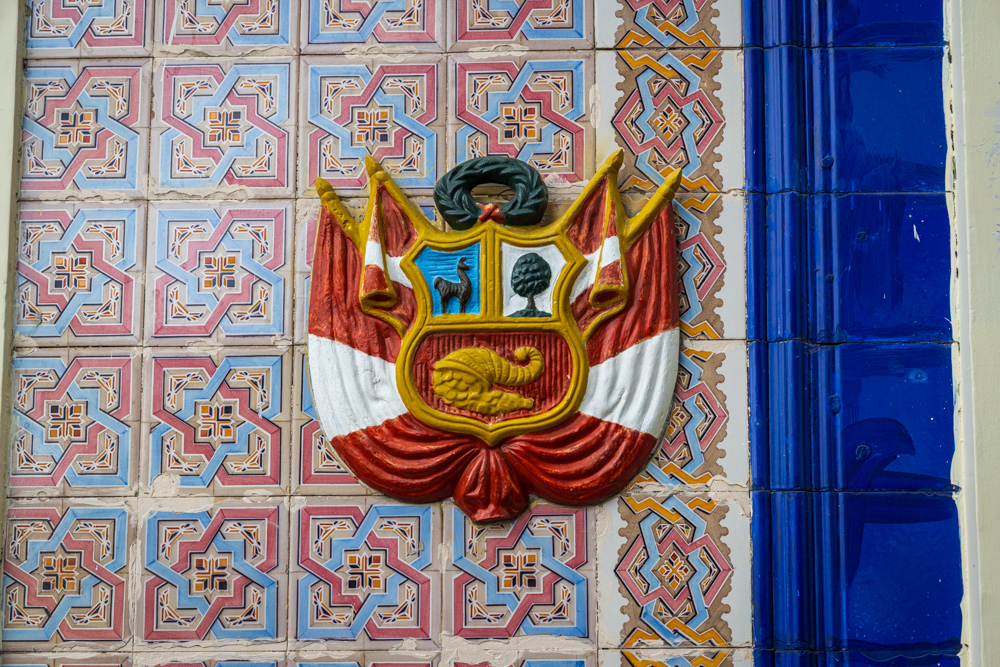
The hotel building currently serves as the office of the Fifth Military Region of Peru.
